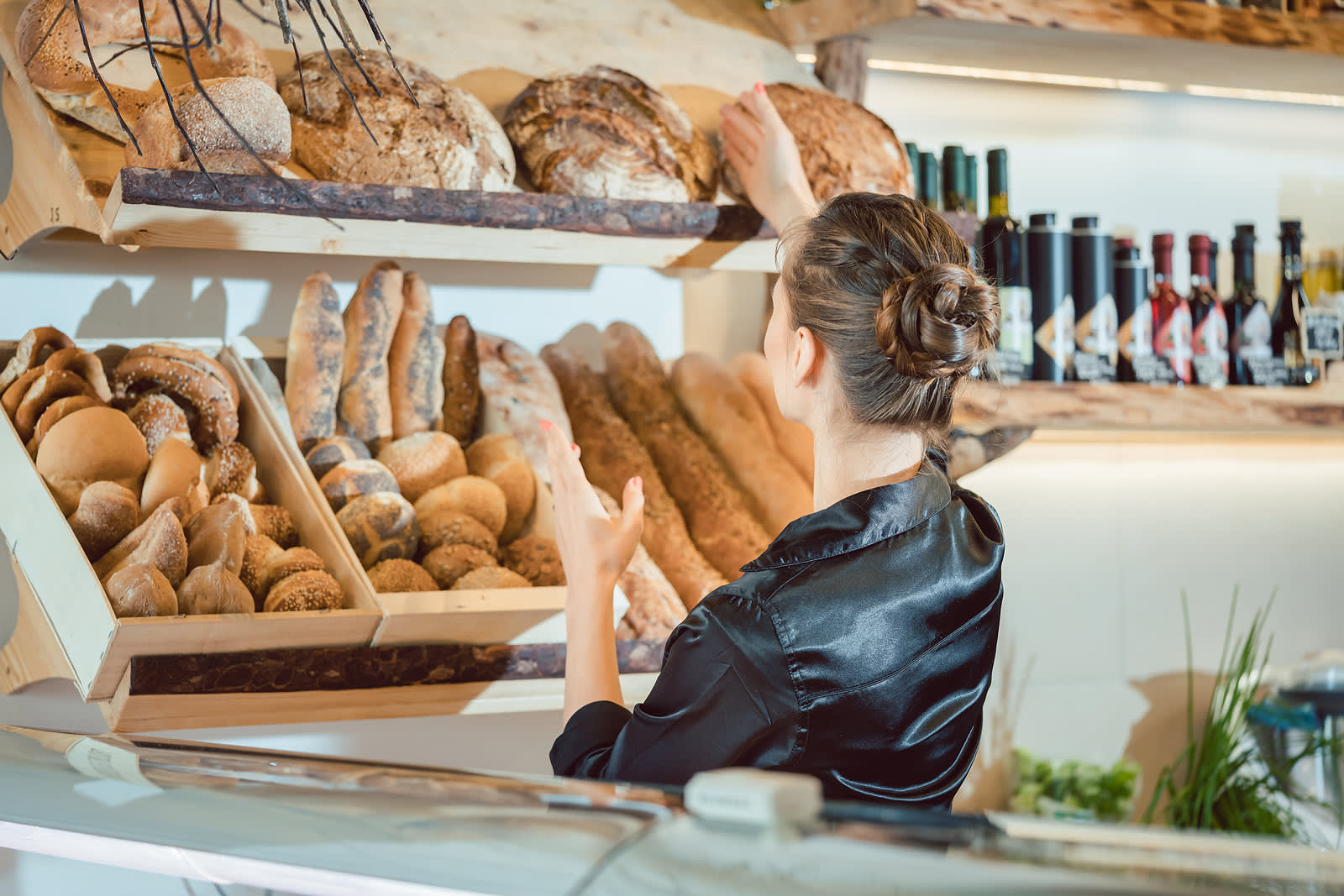3 successful businesses that started small and stayed sustainable
7th August 2020
Sustainability has taken on a whole new meaning for businesses. Annual Corporate Social Responsibility (CSR) reports are behind us, and customers and stakeholders are now demanding real-time transparency. Demonstrable proof of businesses’ environmental and social contributions are becoming ever more important in the journey to success.
Research published by the insights company Kantar has found that more than three quarters (76%) of consumers have switched, avoided or boycotted brands because of their environmental policies. And with changing consumer demands, sustainability is now a big part of any company’s growth. After the outbreak of the coronavirus pandemic, two thirds of business owners say they’re more environmentally focussed than before. As such, it’s crucial - now more than ever - that businesses put purpose on par with profit.
This article gives three examples of UK businesses that have made sustainability the core element of their growth strategy, proving that a focus on sustainability can be a springboard for success.

Recycling at Gail’s Bakery
Since opening its first bakery in London in 2005, Gail’s has become a household name. With over 50 stores across London, Brighton, Oxford, Wokingham and Farnham - and plans to double in size over the next three years - Gail’s has shown remarkable ambition.
Underpinning its rapid growth is a credible sustainability policy, with a focus on eco-friendly initiatives and a commitment to supporting the local community. Gail’s donates all leftover food to local charities and uses biodegradable and compostable takeaway cups made from sugarcane waste.
Earlier this year, it also promised to introduce new products made from waste food, as part of its mission to recycle surplus ingredients from its supply chain. This comes after the success of its ground-breaking Waste Bread – an eco-conscious sourdough using yesterday’s unsold loaves, launched in 2018. With 24m slices of bread thrown out by UK households every day, this is a great example of how businesses should be thinking sustainably. Your company may not have been founded on eco-friendly principles, but that doesn’t stop you from putting sustainability at the heart of future innovation and growth.

Green Tomato Cars reducing carbon emissions
The transport sector is under intense scrutiny from environmental campaigners as the UK Government draws up its plans for a post-COVID-19 economic recovery. Green Tomato Cars, London’s eco-friendly taxi service, is a prime example of how UK transport could look if sustainability principles were prioritised.
Founded in 2006, Green Tomato Cars has grown to be London’s largest zero-emission taxi fleet, with 600 vehicles on the road and 10,000 journeys completed every week. The company uses the Toyota Prius (which runs on a hybrid engine) and the Toyota Mirai (which only emits water) and offsets the carbon emissions they cannot avoid by planting trees.
With strong sustainability principles Green Tomato Cars are tackling a critical environmental issue: vehicle carbon emissions. According to London’s Transport Authority 60% of all cars in central London are taxis - all of which are empty around 50% of the time. In addition to cutting their emissions, Green Tomato cars also use carbon offsetting schemes. Carbon offsetting schemes allow companies to invest in carbon-reducing programmes, such as tree planting projects.

Reusing with My Wardrobe HQ
Clothing rental companies like My Wardrobe HQ have grown massively in popularity over the last few years. Designed around the principles of the circular economy, My Wardrobe HQ allows individuals and brands to loan garments to customers, rather than buying them new. This eco-friendly business model drastically reduces waste by keeping materials in use, extending the life cycle of a garment by up to fifteen times.
Disruptive business models like this are helping to tackle fashion’s big sustainability problem. The industry has long been criticised for its high carbon, fragmented supply chains, which today account for about 2-8% of global greenhouse gas emissions.
The success of My Wardrobe HQ is a perfect example of how openminded consumers have become, particularly if they align with our own values. Just one month after launch, the company reported a 70% repeat user rate, proving that there is an appetite for product sharing schemes. Brands have a real opportunity to change consumer behaviour for the better - a big part of this involves building products and services that last, rather than exploiting the throw-away economy.
Adopting a sustainable business purpose
The UK is a hub for sustainable businesses, as demonstrated by the innovation and forward-thinking business models adopted by these three companies. However, there’s little room for procrastination.
This year, only five of the world's most sustainable companies are in the UK, according to Corporate Knights’ index of the Global 100 most sustainable corporations in the world – a drop of over 50% on 2015 when 11 UK companies featured.
If the UK is to deliver on its 2050 net zero targets, British businesses need to adopt a progressive approach to sustainability fast…